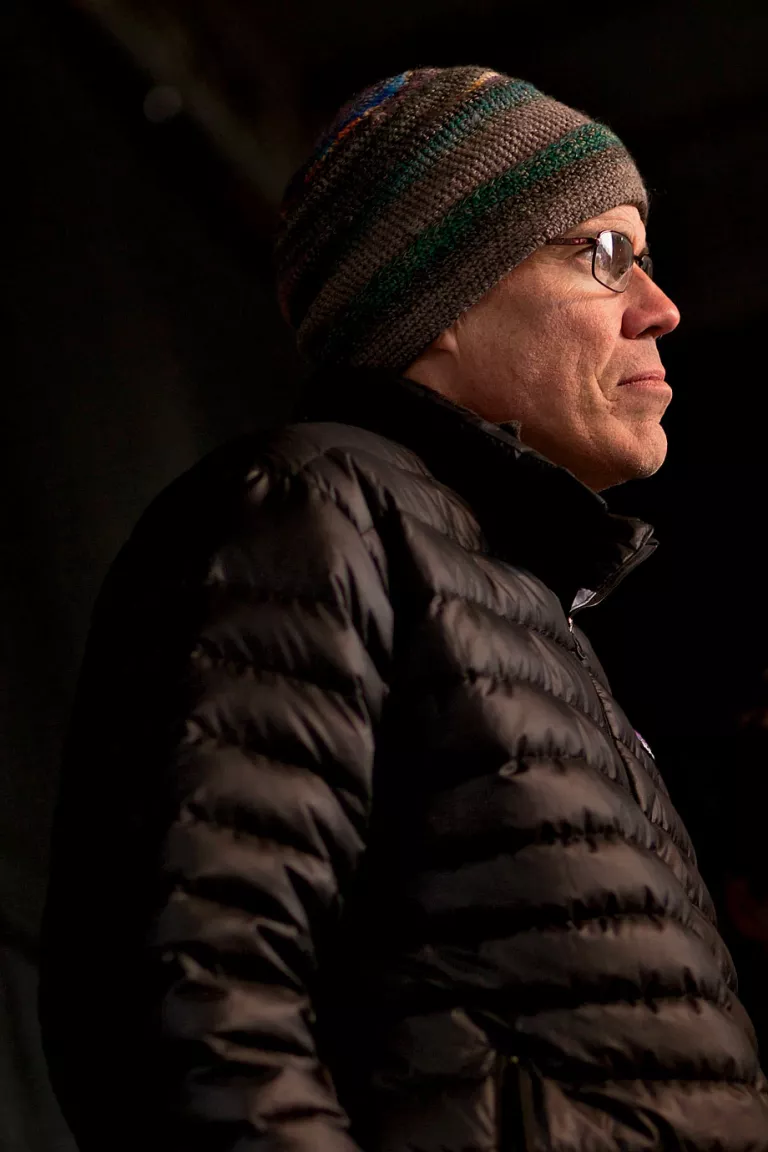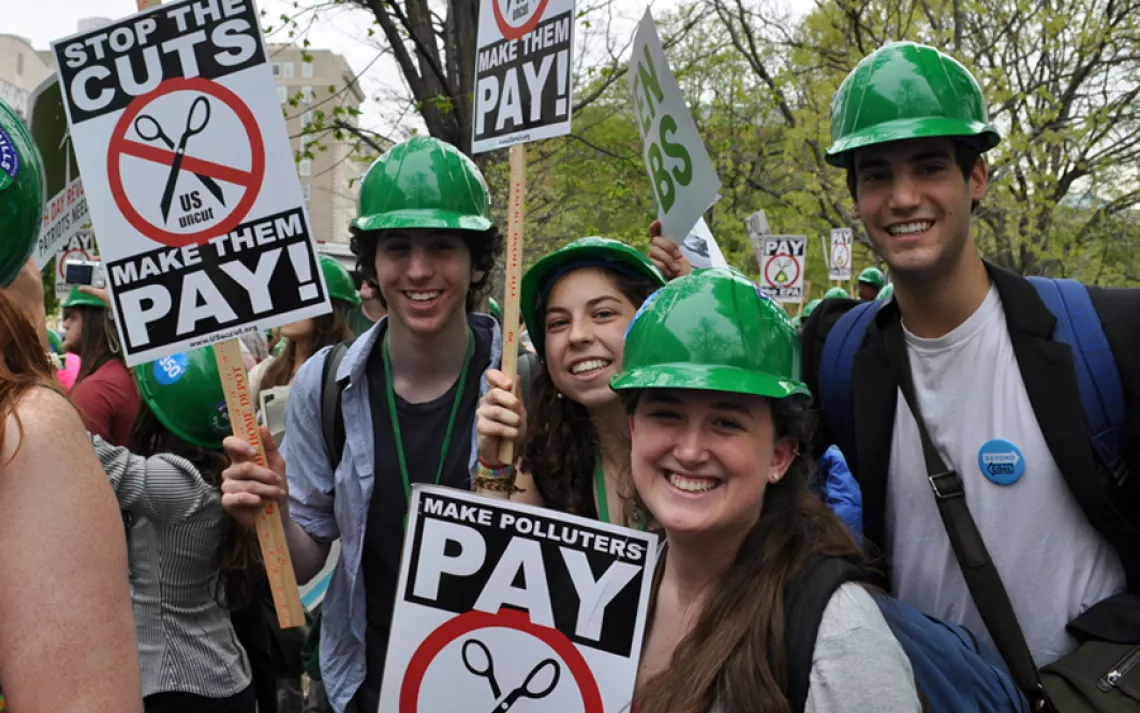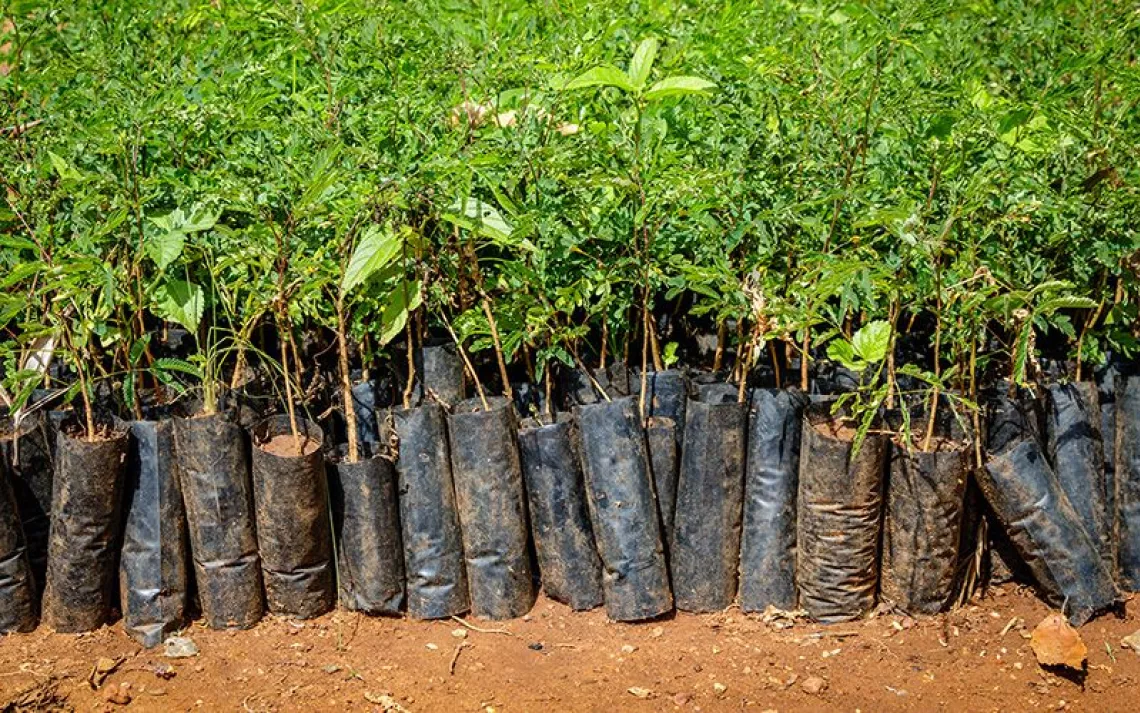Divestment: The Math
Bill McKibben on how to make fossil fuels as unacceptable as apartheid

Bill McKibben, founder of the environmental activist group 350.org.| Photo by Logan Mock-Bunting/Redux
With his Rolling Stone article "Global Warming's Terrifying New Math" and a 25-city bus tour, author turned activist Bill McKibben gave the student divestment movement a major jolt of energy last year. But what effect can purging university investment portfolios of fossil fuel companies really have on the industry? We asked the founder of 350.org what he thinks the movement can accomplish.
The fossil fuel industry has a number of problems, but undercapitalization doesn't seem to be one of them. When schools do divest, won't other investors pick up the stock?
That's true. We're not looking to bankrupt Exxon.
So, what effect are you hoping to have on the industry?
The same effect divestment had on apartheid in South Africa: a clear statement from the elites of society that they understand that the fossil fuel industry is now a rogue industry and they don't want to be associated with it.
There will be other people who will buy their stock--for the time being. But this will begin to erode the political power on which they depend. The only reason that the fossil fuel industry is a good investment at all is that it is the only industry on earth that gets to put out its waste for free. And the only reason it gets to do so is because of its political power. So we're trying our best to take some of that away.
What other practical impacts are you hoping for, beyond the moral and symbolic value of making it socially unacceptable to invest in fossil fuels?
I think it's wrong to distinguish between symbolic and practical. It's entirely practical to take on the underlying system that is causing our problem. You could just as easily argue that once the Arctic's melted, there's something pretty symbolic about putting up a green building.
Students, alumni, and faculty are now asking administrators to really put their money where their mouths are. All the beautiful pictures on a college's website of its sustainability efforts won't mean very much if it's deeply in debt to the fossil fuel industry.
You've recently branched out to work with cities, churches, and other institutions. What's different about working with them, compared with colleges?
At colleges and universities, the generational aspect of all this is clear. The board of trustees are people like me who will be dead in 25 years. But if you have 70 years ahead of you on this planet, you'll have to deal with this constant, ongoing degradation, and you have more moral authority.
What do you expect the next school year to bring?
On many campuses, students will be getting the first "no" from administrators. The interesting thing will be what happens then--how they figure out how to stand up to that. From our point of view, in many ways a fight is as good as a win. It would be nice if colleges did the right thing right away. But if they don't, students are fully prepared to spend the next couple of years making sure that every freshman who arrives knows what the score is.
It's been interesting that, even when they say no, administrators aren't saying, 'Oh, we don't care about climate change.' They're saying, 'We agree with you. It would be nice, but divestment is very hard for us to do.' And granted, it's not simple--that's why students have said, take five years to do it--but that's not an acceptable excuse. On the list of hard things that we're going to have to do to deal with global warming, cleansing your portfolio of the biggest carbon emitters is not that hard.
 The Magazine of The Sierra Club
The Magazine of The Sierra Club







